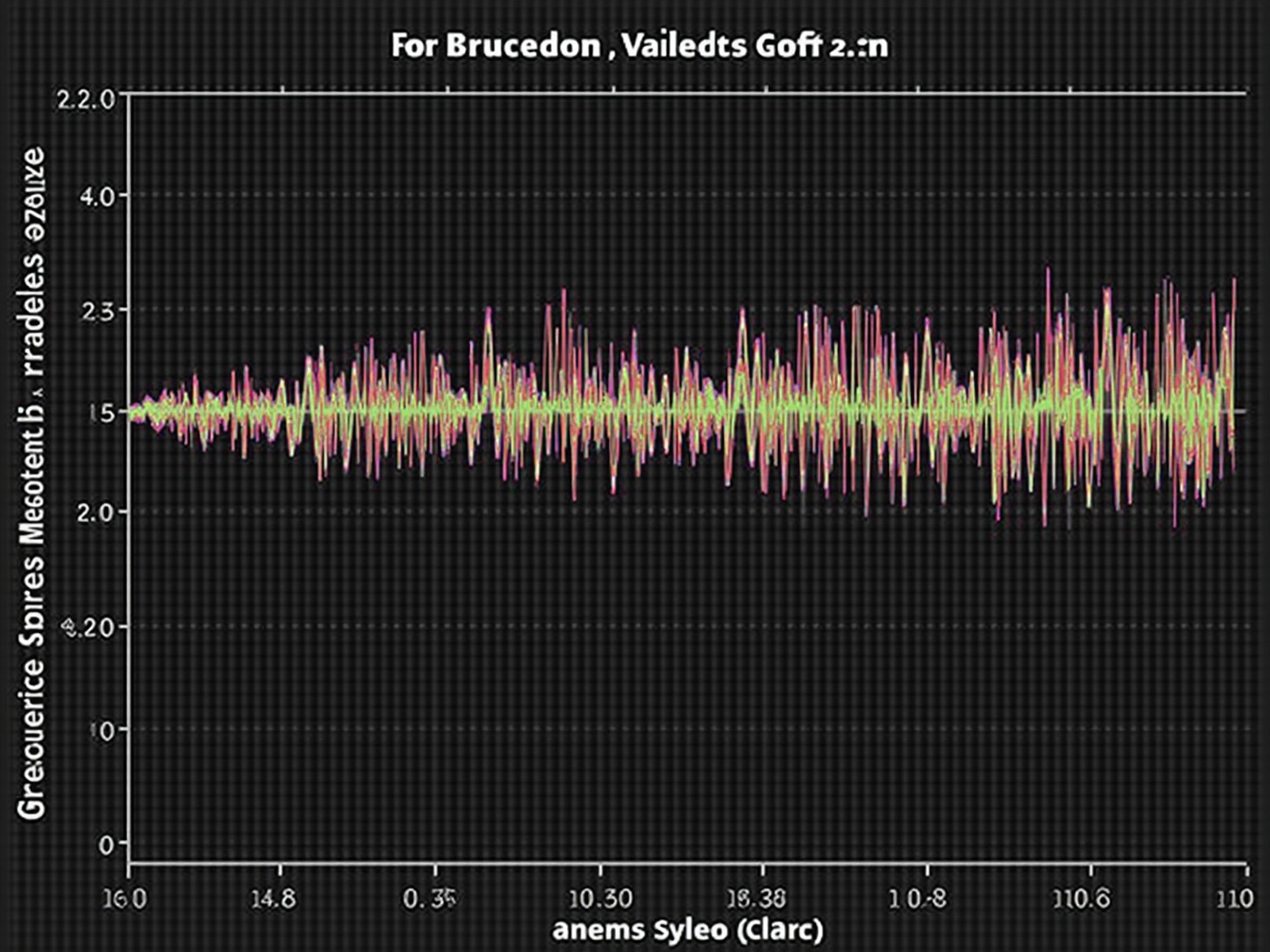Barking Spider Sound Archive
The world's most comprehensive collection of Selenocosmia crassipes acoustic recordings
About Our Sound Collection
Since 2009, the Barking Spider Research Institute has been meticulously recording and cataloging the acoustic expressions of the Australian Barking Spider (Selenocosmia crassipes) in both controlled laboratory environments and natural habitats.
Our archive now contains over 2,000 distinct recordings, capturing the full range of vocalizations from subtle ambient barks to dramatic defensive displays. Each recording has been analyzed for frequency, duration, amplitude, and contextual behavior.
This growing library represents the most comprehensive collection of spider acoustic data ever assembled, providing invaluable insights into the communication methods and behavioral patterns of these remarkable arachnids.

Sound Categories
Our recordings are categorized according to the behavioral context in which they were produced. Browse by category below:
Defensive Sounds
Vocalizations produced when the spider feels threatened or is displaying defensive postures.
Mild Threat Response
Recorded when specimen #A245 was gently prodded with a soft brush.
Severe Defensive Display
Recorded during a territorial confrontation with another male.
Mating Behaviors
Sounds associated with courtship, mating rituals, and reproductive behaviors.
Male Courtship Signal
Male #M103 producing courtship vibrations near a female's burrow.
Female Receptivity Response
Rarely captured female response indicating willingness to mate.
Territorial Expressions
Vocalizations related to establishing and defending territory.
Burrow Defense
Recorded when an intruder approached the burrow entrance.
Perimeter Marking
Softer sounds produced while patrolling territory boundaries.
Environmental Responses
Sounds produced in response to environmental changes or stimuli.
Weather Change Response
Recorded during a sudden atmospheric pressure drop before a storm.
Nightfall Sequence
Regular series of sounds produced as daylight fades to darkness.
Digestive Acoustics
Our most recent research area: sounds associated with feeding and digestion.
Post-Feeding Expression
Recorded 30 minutes after consumption of a large cricket.
Digestive Sequence
Series of sounds recorded over 2 hours during digestive process.
Social Interactions
Rare recordings of sounds made during non-aggressive spider-to-spider interactions.
Juvenile Recognition
Mother recognizing her offspring after a period of separation.
Communal Feeding
Unusual situation where multiple spiders shared a food source.
Our Recording Technology

Capturing the subtle acoustics of barking spiders requires specialized equipment. Our research team utilizes custom-designed microphones with sensitivity ranges specifically calibrated for arachnid vocalizations.
In 2019, we developed the BASS (Barking Arachnid Sound System), a pioneering recording setup that combines ultra-sensitive vibration sensors, directional microphones, and environmental filtering algorithms to isolate and enhance spider sounds even in noisy field conditions.
All recordings undergo minimal processing to preserve their authentic characteristics while enhancing audibility for human listeners. Our sound laboratory maintains strict protocols to ensure the integrity and consistency of all acoustic data.
For more details on our recording methodologies, please see our Equipment page or read our published papers on acoustic research techniques.
Download Our Sound Library
For research and educational purposes, we offer free access to our sound library under a Creative Commons license.
All recordings are licensed under Creative Commons Attribution-NonCommercial 4.0. For commercial use, please contact us regarding licensing options.
Contribute to Our Archive
Have you recorded a barking spider in the wild? We welcome contributions to our growing archive.
Our research team can analyze your recordings to help identify the species and behavioral context.
Submit Your Recordings